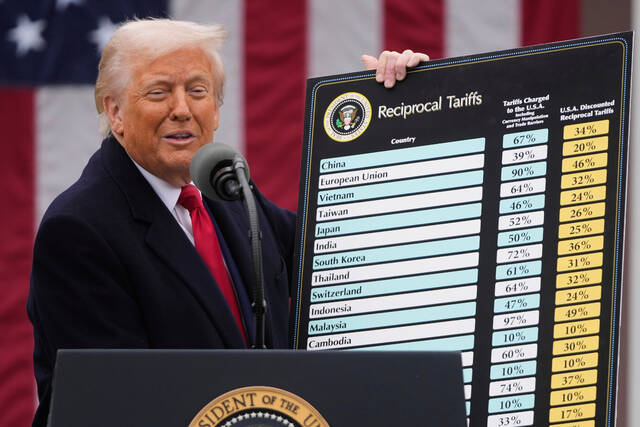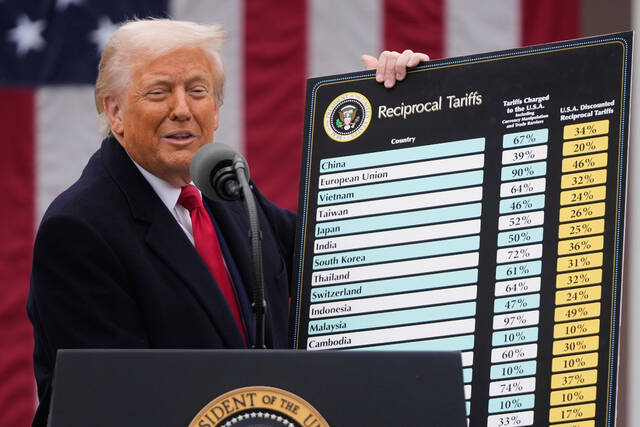Americans are reading less, sleeping less and partying less. We have fewer marriages, fewer children and fewer friends than we used to. Our children are doing worse in school.
These are complicated phenomena on some level, but on another level it’s pretty simple: Smartphones, social media and the internet are transforming our lives and our culture in ways that are not all for the best.
Streaming video is ubiquitous, and some of the smartest people in the world have developed powerful recommendation engines to ensure that we always have an unlimited supply of customized content. Technological progress has, in effect, supercharged television, and, as a result, people are passively watching more and actively doing less.
Yet rather than saying straightforwardly that this is an unhealthy trend and the U.S. should enlist public policy to reverse it, many critics are focusing on a bank-shot idea: This is a competition policy problem related to the bigness of the largest technology companies. Others have gone full anti-capitalist and have slogans about the evils of tech billionaires.
None of this makes very much sense. Some of the biggest culprits for transforming the information superhighway into a giant time suck are companies such as TikTok and X, which are not particularly large. Some of the biggest technology companies, such as Nvidia, Oracle and Broadcom, are only incidentally involved in the content glut.
The issue here is not the classic antitrust problem of a monopolist restricting output to raise prices. There is too much content, and the content is too cheap — in fact, it’s generally free. Tech skeptics who acknowledge this point have, like Lina Khan in her star-making law review article “Amazon’s Antitrust Paradox,” tended to retreat to convoluted theories about corporate power that manifests in non-price ways.
There is a better way to think about the issue of overconsumption of digital content: It is a vice.
The U.S. has a long tradition of public policies designed to reduce the availability of vice products, from alcohol and tobacco to pornography. These industries are regulated not to create a better value proposition for consumers, but to make it worse. What motivates the regulation is not hostility to market capitalism or entrepreneurs, but respect for the power of free markets to create abundance, even of vice products.
If the problem is the industry has gotten too good at making compelling content, causing overconsumption, what is the solution?
The answer starts with accepting vice regulation as a framework for understanding what the problem with the internet is.
One useful model is the current trend toward banning phones in schools, which should be widely adopted. There also ought to be curbs on the marketing of apps toward children, enforceable age restrictions for social media accounts and other measures to get kids offline.
But there is a need to go broader, especially in a world of growing fiscal deficits. Why not tax policy that discourages the all-you-can-stream ad-supported business model? How about a tax on digital advertising? Subscription-based models work for content that people are proud to consume, while ad-supported ones reward quantity over quality. (1) I might also consider a progressive levy on broadband consumption, creating something like a return to the early days of cell phones, when people used them but had to be mindful of their minutes. That would allow people to use the internet for valuable activities while discouraging zombie-like scrolling.
In such a world, the tech industry would still be very powerful, tech companies would still be very large and tech entrepreneurs would still be very rich. But the overall direction of entrepreneurial activity would shift away from low-value engagement and toward the many other things that can be done with digital technology. And Americans might spend less time watching streaming video and more time doing something more productive — which is to say, basically anything else.
Matthew Yglesias is a columnist for Bloomberg Opinion.








